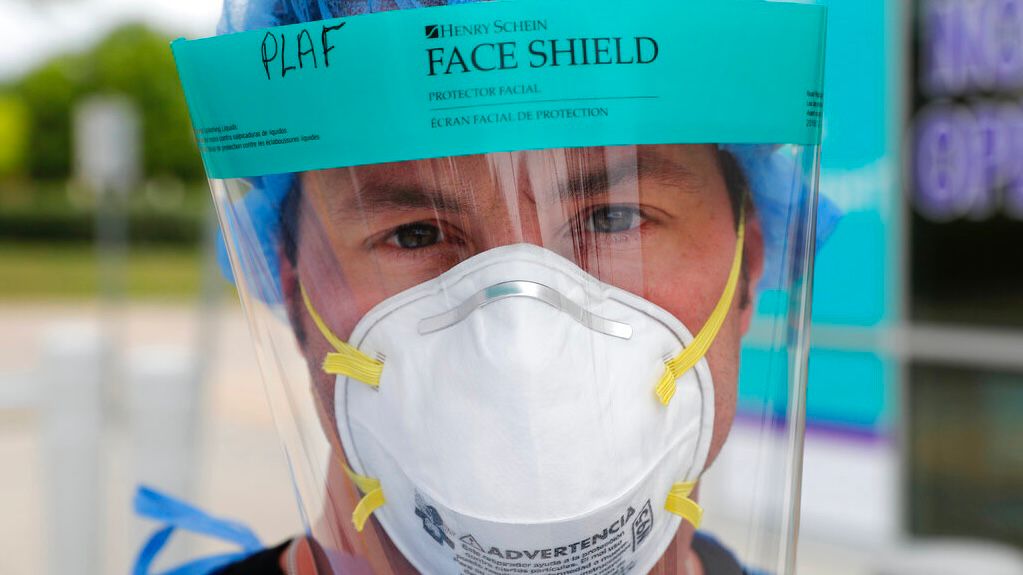People infected with COVID-19 have a higher risk of brain, gut and lung issues three years later, according to a study published in the medical journal Nature Medicine.
While health problems resulting from a COVID-19 infection fell each year, they remained elevated for people who were hospitalized with a SARS-CoV-2 infection.
For their study, researchers looked at 135,161 U.S. veterans who had been infected with COVID-19 and compared them with more than 5 million patients in the U.S. Department of Veterans Affairs system who had not been infected. Of the enrollees who were infected with COVID, 15% had been hospitalized.
All of the patients were enrolled in the study between March and December 2020, before COVID vaccines were available and when the first strain of COVID-19 was dominant. For the next three years, the patients were evaluated for death and disease risk.
The researchers found those who had been hospitalized for COVID-19 had a higher death rate compared with those who had not been hospitalized or who had never contracted the virus three years later. But it also found that regardless of whether a person was hospitalized, those infected with COVID remained at higher risk for gastrointestinal, neurologic and pulmonary problems three years later.
People who had been hospitalized were at higher risk for even more issues three years later, including cardiovascular and coagulation problems, as well as fatigue and mental issues.
Those who had been hospitalized had 8.4 times more health loss compared with those who had COVID but didn’t need to go to the hospital.
“The explanation may be related, in part, to the vulnerability of people who develop severe COVID-19 with respect to more co-existing medical conditions, immune system dysfunction or genetic predisposition,” the researchers said.
They said other studies have found a link between severe COVID infections and persistent health risks in various tissues and organ systems, suggesting “that severity of acute infection is a key driver of the expression of long-term adverse health outcomes.”
The researchers noted that longer-term studies will be necessary to learn how infected individuals’ health risk trajectories evolve.



